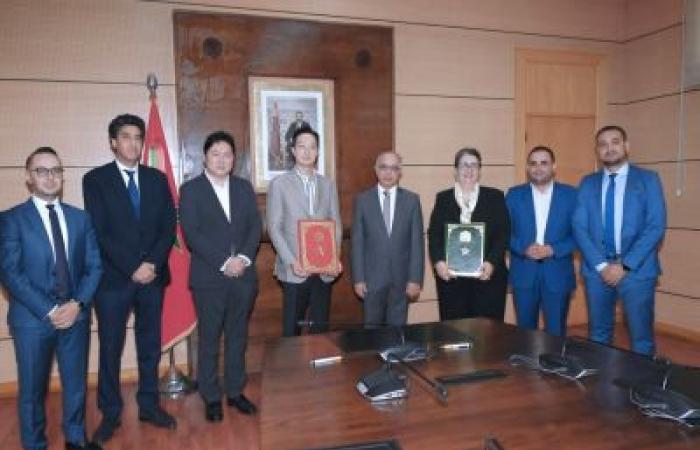In Africa, the world of work increasingly demands individuals with excellent digital knowledge and skills. It is therefore imperative to train a large number of people in this area.
Samsung Electronics Maghreb Arab (SEMAG), the Moroccan subsidiary of the Korean technology company Samsung, announced on Wednesday June 26 the signing of a partnership with the Ministry of National Education, Preschool and Sports. The initiative aims to expand their collaboration on the “Samsung Innovation Campus” (SIC) program, which promotes digital education in Morocco.
As part of this new collaboration, the SIC program will be extended to all secondary and college computer science teachers for training and certification in Python programming. In addition, the first national programming competition will be launched to encourage excellence and innovation in Python among Moroccan students.
For the government, this partnership is in line with the objectives of the information and communication technologies roadmap 2022-2026, aiming to provide teachers and students with the essential skills to thrive in the digital age. For Samsung, the initiative is part of its global Corporate Social Responsibility (CSR) strategy, which aims to provide young people with opportunities to learn crucial technologies and equip themselves with skills to improve their prospects careers.
Since the program launched in 2019, more than 10,000 students have learned coding skills from 211 teachers in nine centers equipped with more than 500 computers and televisions. A total of 562 teachers have been trained and certified in Python programming.
This partnership brings Morocco closer to the objectives of the African Union Strategy on Digital Education, which advocates for the promotion of digital skills among teachers and students. The strategy also aims for at least 20% of students and 50% of teachers on the African continent to have access to digital devices by 2027, and one third of students and all teachers by 2030.
Samira Njoya
Also read:
Samsung Electronics to set up mobile phone factory in Egypt






